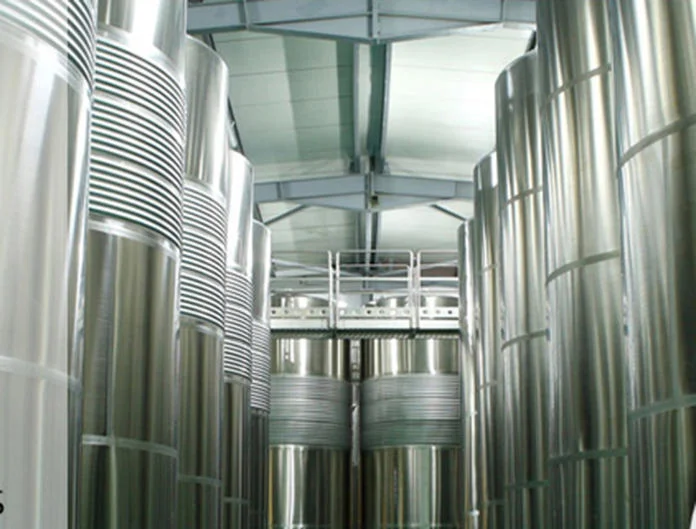STAINLESS steel is used widely for hygiene in the Cape’s many food and beverage processing industries.
The two most popular hygienic grades are 304/304L and 316/316L because they have:
- Good corrosion resistance
- Good weldability
- Good availability
- Good hygienic properties
The main application for 304/304L and 316/316L stainless steel is tanks – process and storage tanks and silos where 304/304L is mainly used. 316/316L is used in more corrosive environments such as those containing salt, as in the fishing industry.
The Cape wine industry uses both grades in their white wine tanks – 304/304L for the tank body and 316/316L for the roof where white wine fumes form on the surface.
The higher corrosion resistance of 316/316L is used in the meat industry where salt is added.
Sometimes even greater corrosion resistance is needed, when Duplex 2205 stainless steel is used for higher salt content such as boerewors and sausage.
Knowing the grades can only come with years of experience so it is important to choose a stainless steel supplier with this knowledge.
“There are over 500 stainless steel grades and finishes so it is vital to choose the correct grade to prevent costly problems further down the line,” says Andries Schreuder, manager of NDE Stainless Steel in Montague Gardens.
NDE has supplied comprehensive stock of stainless steel flat products, sections, pipes and fittings, and tubing to Cape food and beverage companies for many years, with a reputation for technical advice and fast turnaround times.
“We also function as a buyer/buying department for our customers – eliminating the need to employ buyers in-house – and we supply credit easily with longer or more flexible payment options than banking institutions.”
